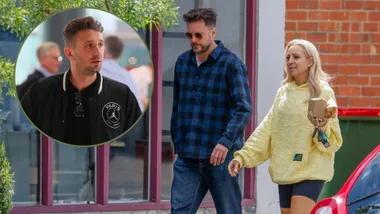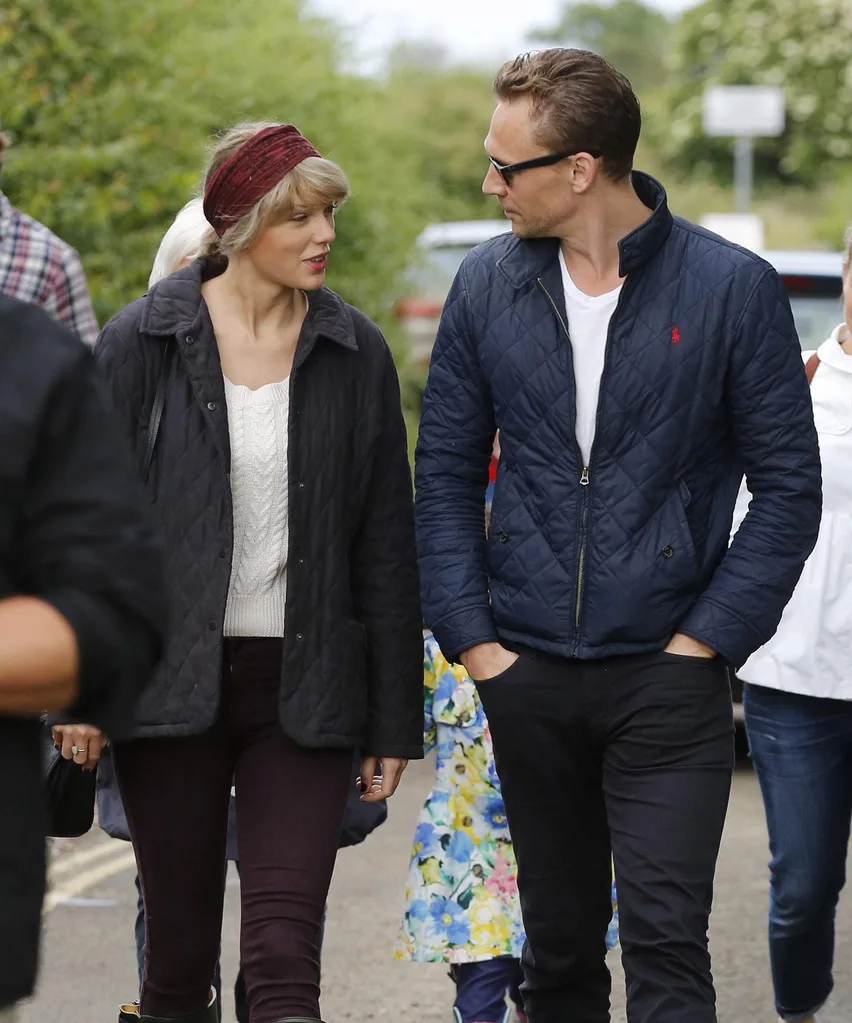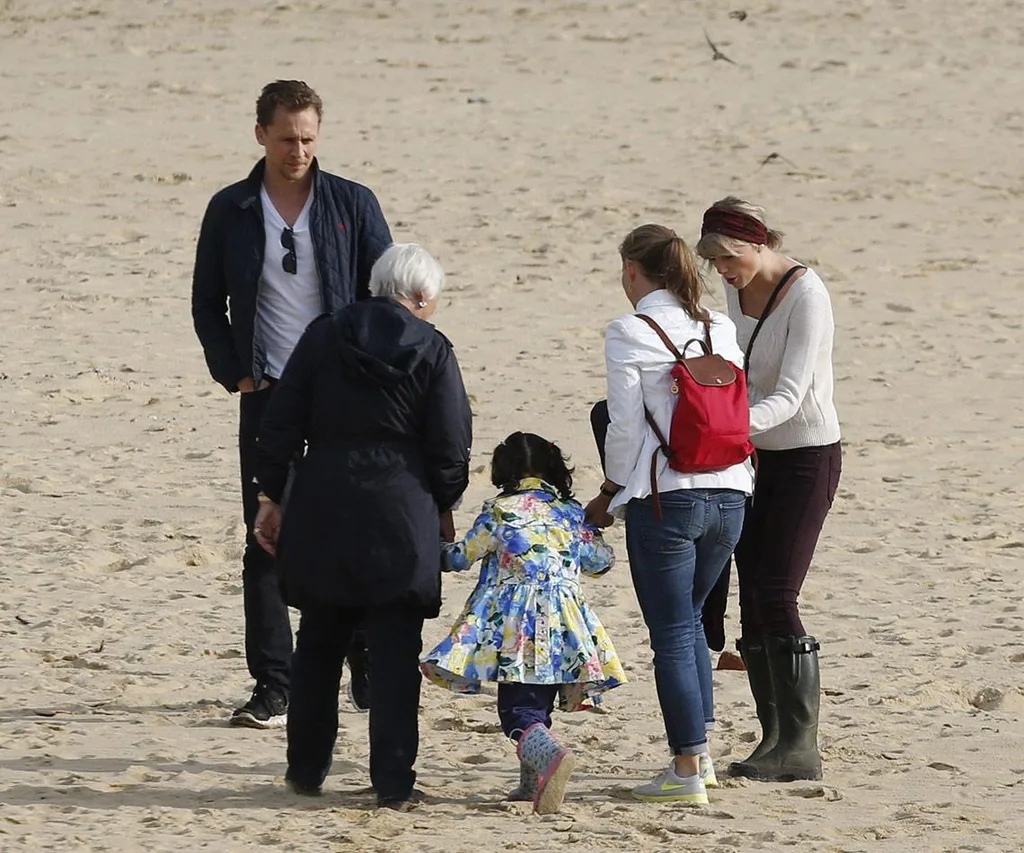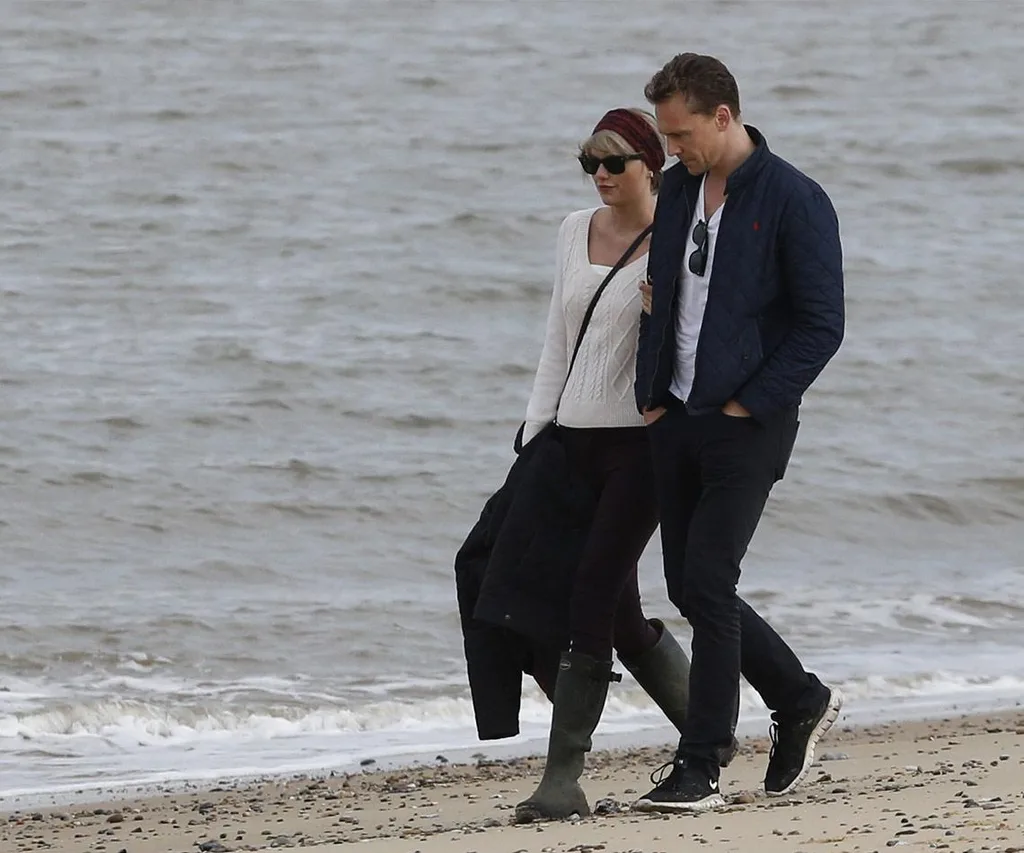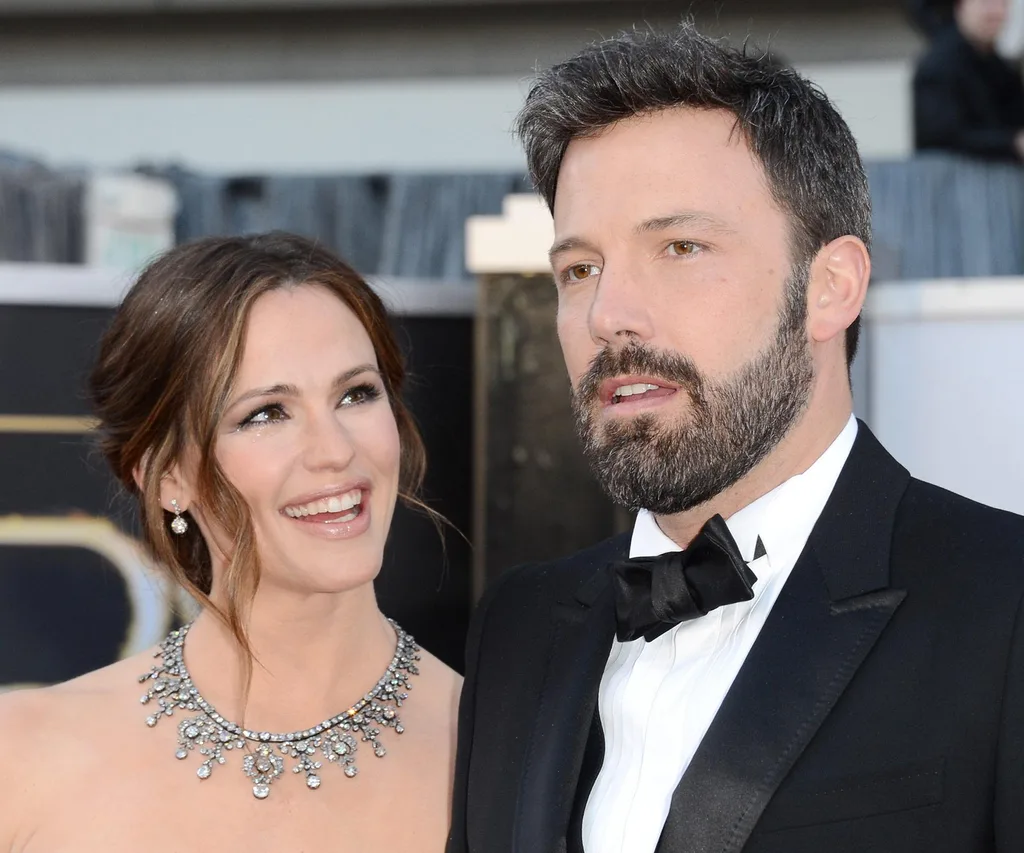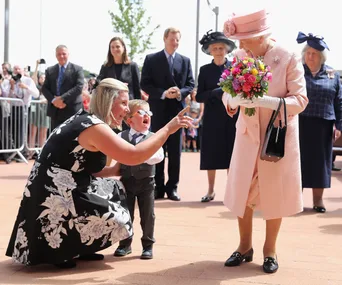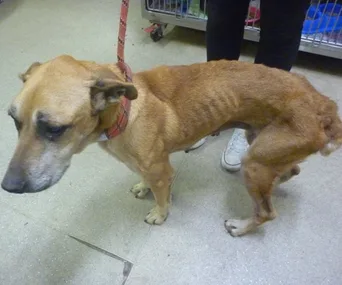In all the endless debate about Britain’s exit from the European Union, there is one woman speaking sense – Scotland’s First Minister Nicola Sturgeon.
Cutting through all the woffle from a host of male politicians the Scottish National Party leader has given a series of no-holds-barred interviews and press conferences about her plans to protect her country from the fallout of the UK’s historic referendum.
Unlike her male counterparts in England, Sturgeon refused to make any promises about exactly how things would play out for Scotland, admitting she didn’t have “all the answers” but was willing to thoroughly explore every possibility to ensure the best outcome for the northern nation.
“My challenge now as First Minister is to work out how I best protect Scotland’s interests, how I try to prevent us being taken out of the EU against our will with all of the deeply damaging and painful consequences that that will entail,” she said.
“My challenge, but also my responsibility as First Minister, is to seek to negotiate to protect Scotland’s interests.”

Nicola campaigned for the UK to remain in the EU.

She is furious that Scotland faces being “dragged out” of the EU “against its will”.
While the UK as a whole voted 52 per cent to 48 per cent to leave Europe, Scotland voted differently, with 62 per cent voting to remain and just 38 per cent wanting to exit.
This result, says Sturgeon, means she’s duty-bound to fight for Scotland to remain in the EU, something she is committed to seeing through to the very end.
She said she is already in discussions with the EU to allow Scotland to remain despite Britain’s exit, and is preparing the legislation for a second Scottish independence referendum, an outcome she now views as “highly likely” given Scotland’s proposed “democratically unacceptable” expulsion from Europe.
“I think an independence referendum is now highly likely but I also think it is important that we take time to consider all steps and have the discussions, not least to assess the response of the European Union to the vote that Scotland expressed,” she said during a press conference at her official residence, Bute House, at the weekend.
The last Scottish independence referendum took place in September 2014 and saw 55 per cent of the country vote to remain in the UK. Sturgeon says this result was largely based on the desire to remain in the EU as it was not guaranteed that an independent Scotland would automatically become a full member state.
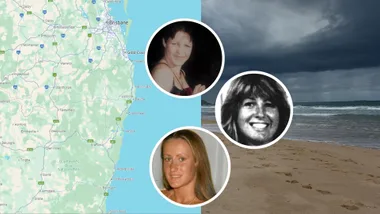
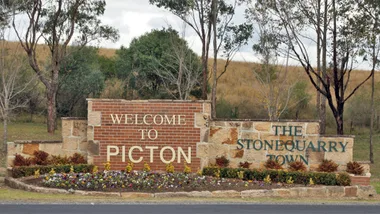
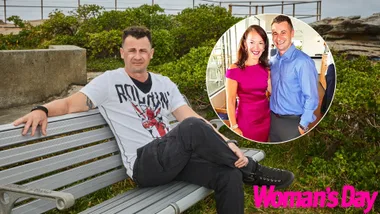


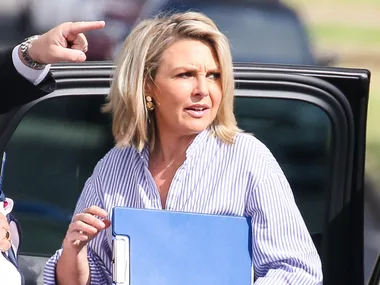

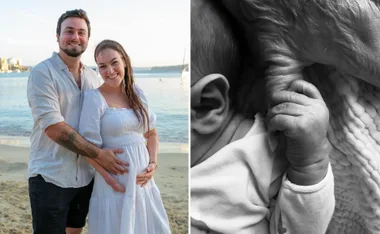

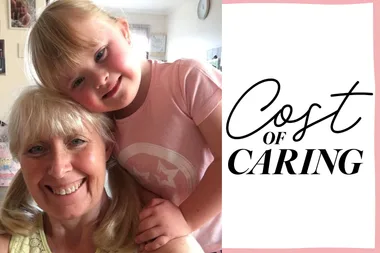












.png?resize=380%2C285)
.jpg?resize=380%2C285)
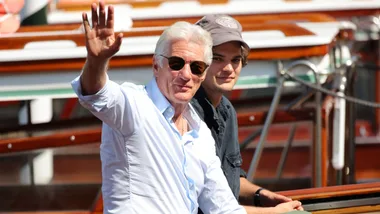
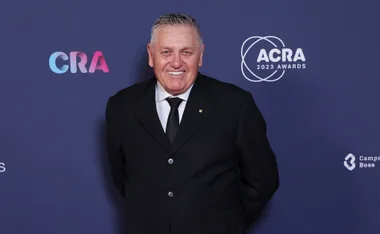


.png?resize=380%2C285)
